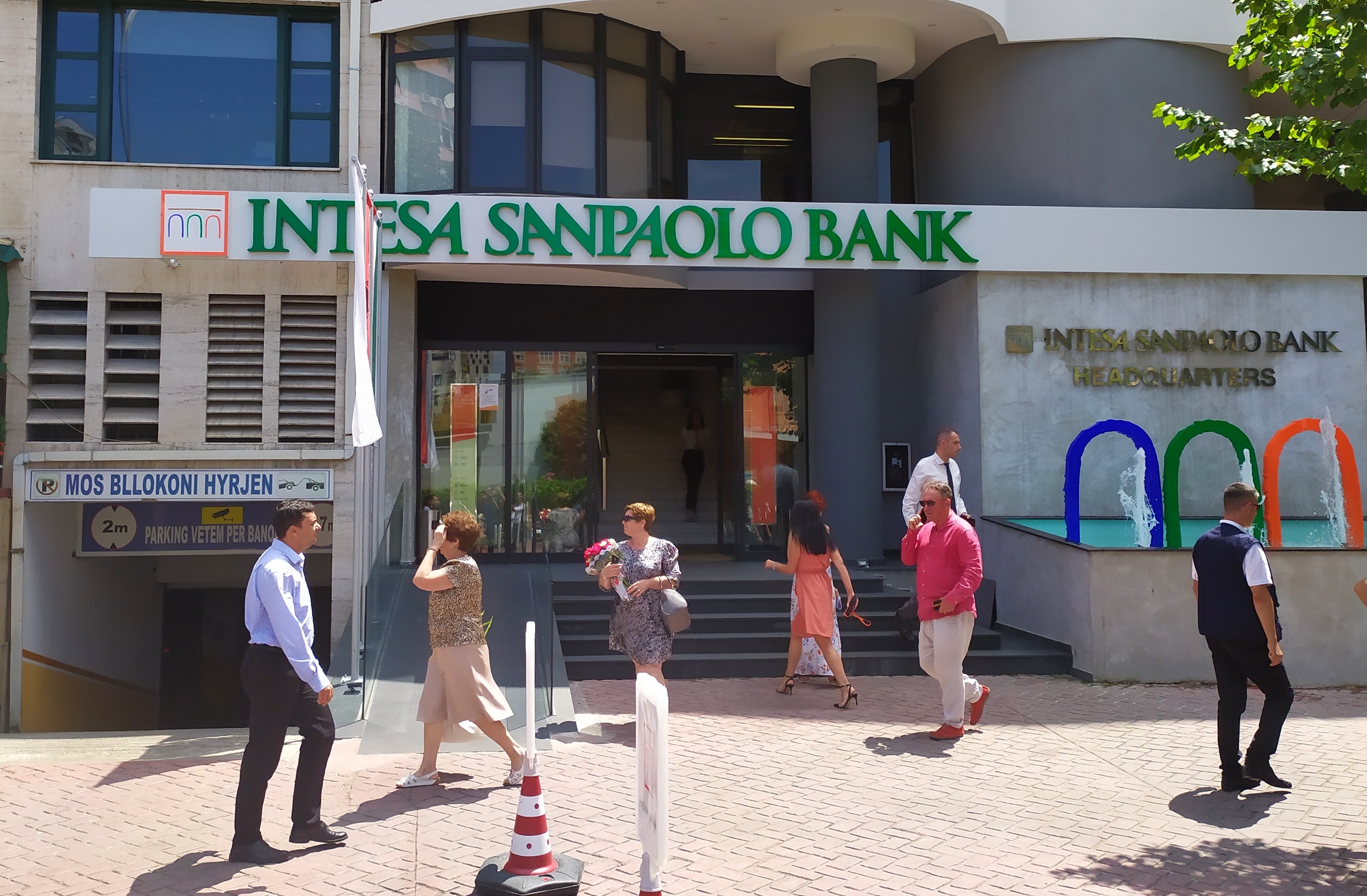Albanian farming enters a new era
Albania’s agricultural industry is underdeveloped, having historically faced a number of challenges. However, new investment opportunities are creating a resilient future for the country’s agricultural sector.
29/06/2022
Agriculture no longer dominates the Albanian economy. However, it remains a key sector, contributing around 20% to GDP and providing employment for more than half of the rural population.
Despite a mild climate, fertile soil and plentiful water, the country’s agriculture remains underdeveloped, having faced a number of historical challenges. Land fragmentation is a huge issue that afects the quality and productivity of agricultural crops: as most of the farms are small to mid-size, they have high cost structures.
Limited technology and outdated machinery also affect productivity, leading to a loss of around 25% of the expected yield. In addition, there is a shrinking labour force, as young people migrate to cities or abroad.
The industry needs vital investment to improve its economy of scale. However, the sector has been underserviced by fnancial institutions: loans to agribusiness account for just 2% of total lending to the economy.
Access to funding
This problem is being addressed by the Albania Agribusiness Support Facility, which was launched in 2016 by the Albanian government in partnership with the European Bank for Reconstruction and Development (EBRD).
The initiative aims to improve access to funding for local agribusinesses via dedicated credit lines or by sharing the risk of lending to the agribusiness sector. The government is investing €36 million in the facility, while the EBRD is providing up to €100 million in funding and risk-sharing facilities. Intesa Sanpaolo Bank Albania has joined the programme and signed an agreement to support a lending instrument, which is
hoped will boost agricultural production.
"Key areas for investment are agritourism, agro-processing, aromatic and medicinal plant cultivation, vineyards, cultivation, storage and export of fruits and vegetables. Opportunities also exist for the production and processing of high-value cash crops as well as organic agriculture, as there is only limited use of fertilizers and pesticides in Albania.
"
Elena Balliu, Head of Small Business Department at Intesa Sanpaolo Bank Albania
Trade deficit
Due to the challenges faced by farming in Albania, the country is self-sufficient in only a few agricultural products. As a result, there is a trade imbalance with the EU and neighboring countries: in 2020, imports of agricultural products were slightly more than $1bn, while exports were worth just $365m.
The largest areas of imports include cereals, sugar, fruit, poultry and soy-related animal food. This is because the production of these goods is often too specialized for traditional family farming systems. However, with the recent investment it is hoped that Albania’s industry will advance its farming methods and become more self-sufficient.
While the government is looking to reduce imports, exports are on the increase: there was a 10% rise in 2022 from the previous year. Fruit and vegetables are performing well, despite the challenge of land fragmentation and lack of a specialized labor force. However, more needs to be done to address the trade imbalance.
One major stumbling block is that dairy or meat cannot be exported to EU countries, as the producers do not currently meet the Rules of Origin. This is a big concern for the Ministry of Agriculture: because of these restrictions, producers are unable to achieve economies of scale, as the local market is too small.
“The inability to provide the product origin is still an obstacle to exports, which requires more effort from the government,” says Balliu. “Once this door is opened, we are optimistic it will create new markets and exports will increase.”

Sustainable agriculture
There have also been investments in sustainable agriculture, waste management and energy efficiency. Waste management in Albania is still dominated by a linear collect-and-dispose approach instead of an integrated, sustainable waste management system, and the concept of the “polluter-pays” principle is not well developed.
However, the National Integrated Waste Management Plan (2020‐2035) has developed a roadmap towards integrating the principles of the circular economy and encouraging producer responsibility. As a result, Albania is starting to transition from a linear to a circular economy and to implement EU standards on the environment and climate change.
While Albania’s agricultural industry still has far to go to compete with its EU counterparts in productivity, positive steps have already been taken. Investments are helping improve production, exports are on the increase and the concept of a circular economy is slowly starting to take hold.
“There are exciting investment opportunities in agriculture,” says Balliu. “I believe we are entering a new era, with a greater emphasis on the export of high-value products and increased levels of self-sufficiency, which will create a resilient future for Albania’s agricultural industry.”

